Description
Zinc Chloride (ZnCl₂) with a purity level of 98% is one of the most versatile and widely used chemical compounds in various industries. Its unique chemical properties, high purity level, and reactivity make it an invaluable substance for both industrial processes and everyday applications. In this article, we explore what Zinc Chloride 98% is, its significant properties, applications, and safety considerations.
What is Zinc Chloride?
Zinc Chloride is an inorganic compound consisting of zinc and chlorine. It appears as a white, crystalline solid that is highly soluble in water, alcohol, and other polar solvents. Thanks to its hygroscopic nature, it absorbs moisture from the air, and this property is critical in many of its industrial applications. A purity level of 98% indicates that the compound has a very high concentration of zinc chloride, making it suitable for specific uses where impurities must be minimized.
Key Properties of Zinc Chloride 98%
Hygroscopic Nature: Zinc Chloride easily absorbs moisture from the environment, keeping it in a hydrated state.
High Solubility: It dissolves readily in water, forming an acidic solution. Its high solubility ensures it is effective in formulations where liquid interactions are needed.
Corrosive Properties: It is highly corrosive, which is useful in applications requiring fluxing, cleaning, or etching.
Versatility: Its reactivity and compatibility with other substances make it suitable for a wide variety of chemical reactions and processes.
Applications of Zinc Chloride 98%
Zinc Chloride 98% finds use across multiple industries due to its chemical properties. Below are some of the most prominent applications:
1. Chemical Industry
Zinc Chloride serves as an essential intermediate in the synthesis of organic and inorganic compounds. It is used in the production of dyes, pigments, and other specialty chemicals. Additionally, it acts as a catalyst in organic chemistry reactions like Friedel-Crafts acylation and alkylation.
2. Textile Industry
As a key ingredient in the processing of fabrics, Zinc Chloride is used for mercerizing cotton, increasing fiber strength, and improving dye uptake. It is also utilized to dissolve cellulose in certain production processes.
3. Metallurgy
Zinc Chloride’s corrosive properties make it a powerful fluxing agent in soldering and galvanizing processes. It removes oxides and impurities from metal surfaces, ensuring better adhesion and durability of the finished product.
4. Batteries
Zinc Chloride is commonly used in the electrolyte composition of dry cell batteries, such as zinc-carbon and zinc-chloride batteries. Its role is crucial in enhancing the battery’s performance and energy storage capabilities.
5. Agriculture
In agriculture, Zinc Chloride is sometimes employed as a micronutrient in fertilizers, given the essential role zinc plays in plant growth and development. It is also effective in controlling moss and lichens when used as a solution.
6. Pharmaceutical and Medical Applications
Zinc Chloride’s antiseptic and astringent properties find applications in oral healthcare products like mouthwashes and ointments. It is also investigated for its potential use in therapeutic medicines.
7. Water Treatment
As a coagulant, Zinc Chloride is used to purify water by helping settle suspended particles. It is particularly effective in wastewater treatment applications.
8. Adhesives and Paints
In the manufacture of rubber, adhesives, and paints, Zinc Chloride is added as a stabilizer or bonding agent to enhance product quality and durability.
Handling and Safety Considerations
While Zinc Chloride 98% is an incredibly useful compound, its handling and storage require precaution due to its corrosive and hazardous nature. Here are some safety measures to consider:
Protective Gear: Always wear suitable protective clothing, gloves, and safety goggles when handling Zinc Chloride. This minimizes the risk of skin and eye irritation.
Proper Ventilation: Ensure workspaces are well-ventilated. Zinc Chloride can produce harmful fumes when heated or exposed to moist air for prolonged periods.
Avoid Inhalation and Ingestion: Zinc Chloride is toxic if ingested or inhaled. Workers handling this compound must avoid direct exposure to its fumes or powders.
Storage: Store Zinc Chloride in airtight, moisture-resistant containers to prevent degradation and accidental exposure.
Environmental Considerations
While Zinc Chloride is beneficial in numerous industries, its disposal must be managed properly to avoid environmental contamination. It should not be released directly into soil or water systems, as it may harm aquatic life or disrupt ecosystems.
Conclusion
Zinc Chloride 98% is a powerful, multi-functional chemical compound that has become a cornerstone of modern industrial applications. Its uses in agriculture, metallurgy, batteries, and beyond underscore its importance to a wide range of human activities. However, its corrosive and reactive nature demands careful handling, proper storage, and responsible disposal to ensure maximum utility with minimal harm to workers and the environment.
As industries continue to innovate and evolve, Zinc Chloride 98% is likely to remain a critical component in manufacturing, research, and development processes for years to come.




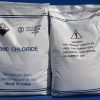
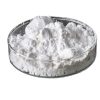
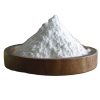
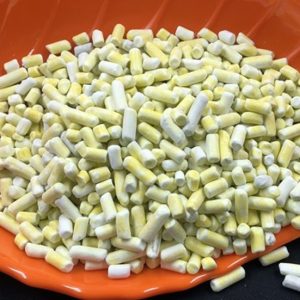
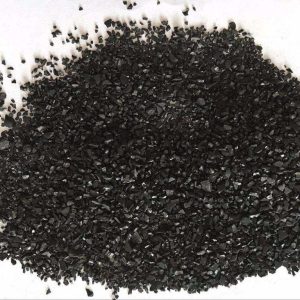
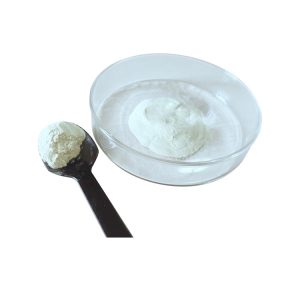
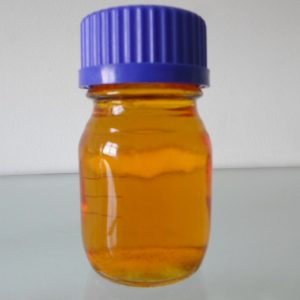

Reviews
There are no reviews yet.